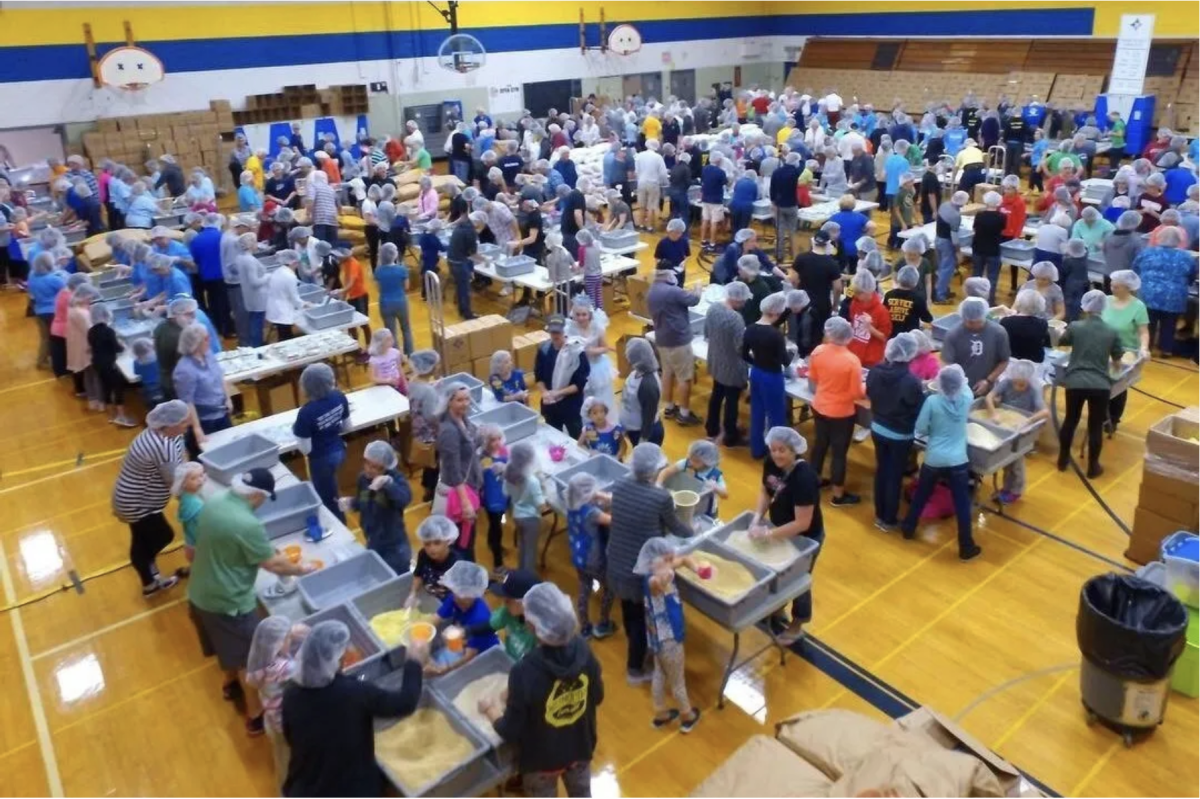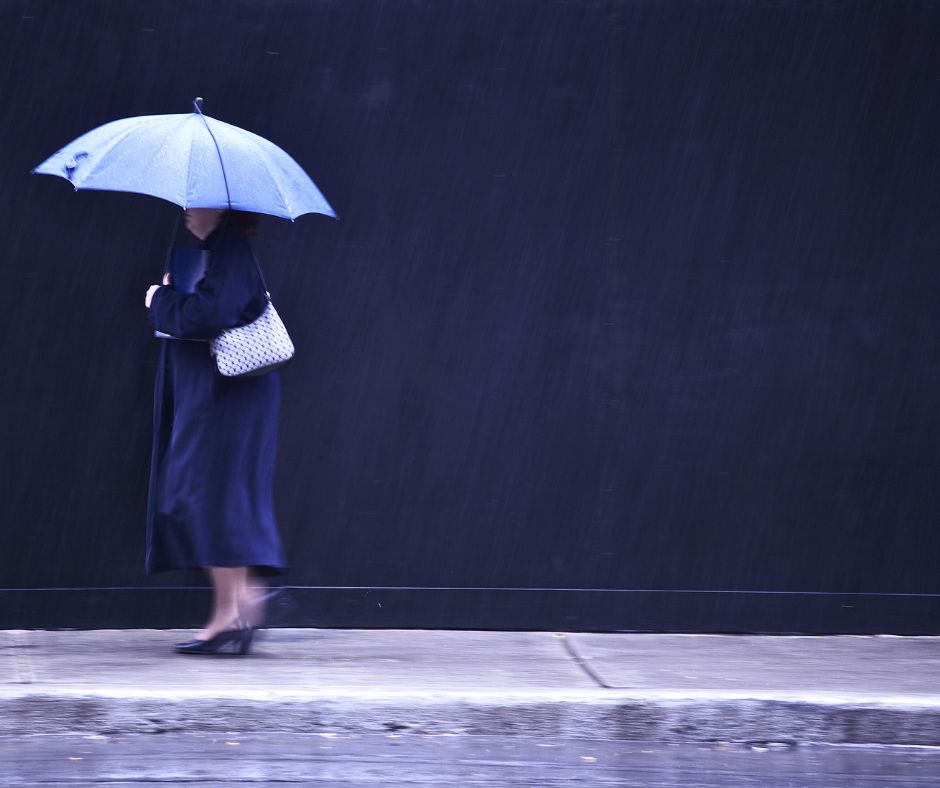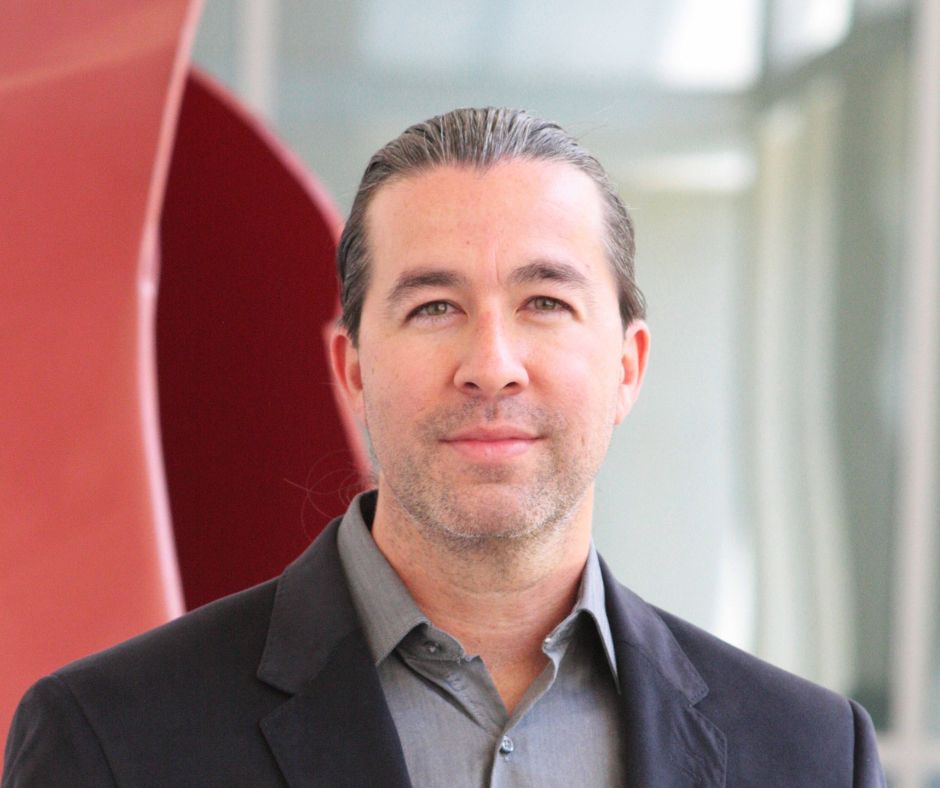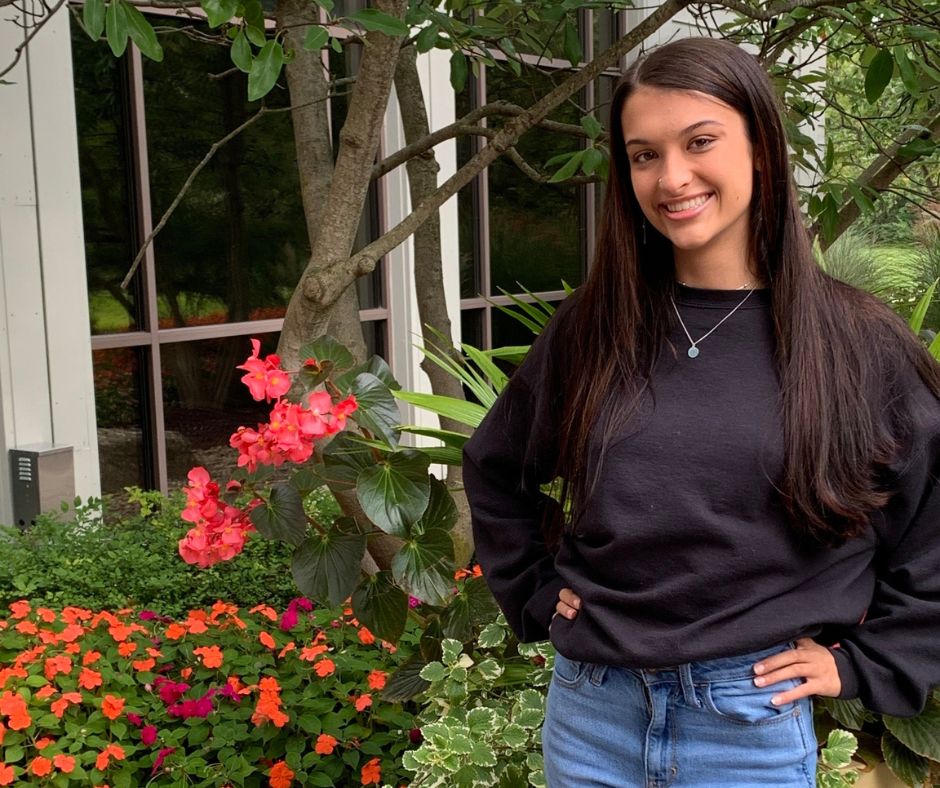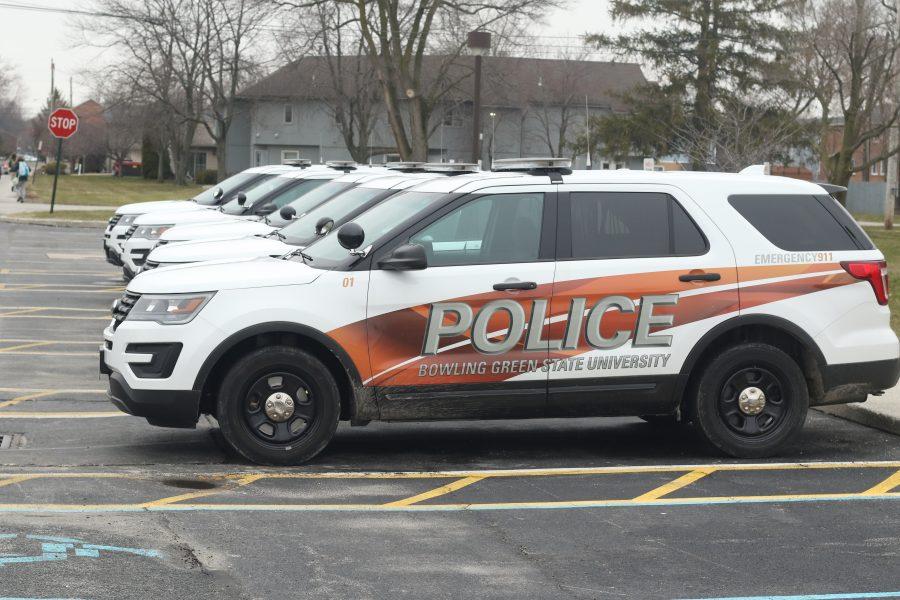After years of living in Los Angeles, resident Tom Imondi told city council that living in Bowling Green has been more dangerous after one year of living in town.
Imondi, a resident of University Lane, said he had multiple negative encounters with students on weekends, addressing his concerns at the Community Improvement Committee meeting Monday night.
People have left broken bottles and have broken fence posts in the yard when they cut through and even stole property on their way back from the bars on the weekends, he said.
“People shouldn’t have to be frightened” or stressed out about these instances, Imondi said.
“You can have one instance of, ‘Hey, get off my property’ and it can turn into a brawl,” he said, regarding the possibility of the residents trying to curb these activities.
Imondi’s concerns were echoed by a few other community members who addressed the committee, attended by six of seven city council members.
For the past 10 to 15 years, Elizabeth Burroughs, a resident of Clough Street, said she has noticed the “nice family neighborhood” steadily worsen as house after house have turned into rentals.
From cars parking on lawns to noise violations, Burroughs said she has called the police numerous times to the point of feeling guilty about it.
University professor Matt Donahue, a resident of South College Drive, has experienced a mix of Burroughs’ and Imondi’s problems.
In the past few weeks, Donahue said he had his window broken, property stolen, driveway parked in without permission aside from witnessing public drunkenness, nuisance parties and drunk driving.
“With the warmer weather, these incidents will be getting worse,” he said.
All three community members implored the committee to take preventative approach instead of a reactive one when addressing these problems.
“Someone is going to get hurt, it’s not just about the property values,” Imondi said.
Communication with the residents is what police rely on in order to respond to issues, said Chief Bradford Conner of the Bowling Green Police Division.
While they have officers on foot and on bike patrolling during the weekends, police can’t do their job without calls from the community, Conner said.
“We don’t police the community, we police for the community,” Conner said.
When it comes to being proactive, John Zanfardino, committee chair and Second Ward council member, said it comes down to working with the University to educate students on respectful citizenship to address these quick issues.
“It’s a tough issue” because some of these problems only last for a few moments, such as cutting through the yard or vandalism, Zanfardino said.
By the time someone sees someone doing this, its already over, he said.
During the meeting, the committee did not respond to the concerns. Instead, they explained they would be addressing and answering them in the next meeting, which has yet to be announced.
















